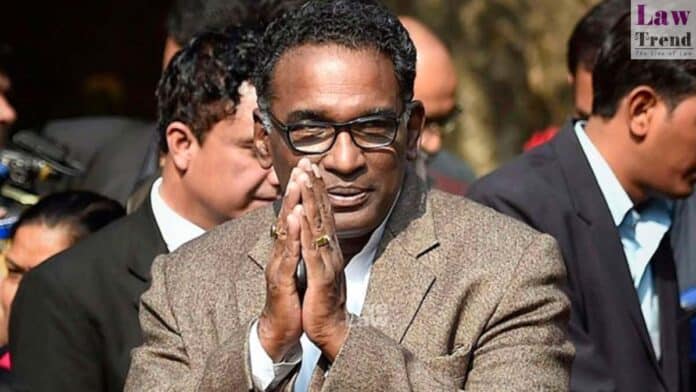Court vacations have nothing to do with pendency of cases and there were more structural problems in the system that were causing it, former Supreme Court judge J Chelameswar said here on Friday.
He was interacting with students at India International University of Legal Education and Research (IIULER) in South Goa.
“The pendency of cases has nothing to do with vacations but there were more structural problems in the system causing it,” he asserted.
“On an average the apex court hears roughly 50 to 60 bail applications every week. Is it really necessary that the highest court in the country should deal with bail applications? Why can’t the High Court be the final court?” he asked while responding to a question posed by students.
Before 1950, the High Courts were the ultimate courts, with very few matters going to the then Privy Council, he said, adding that interlocutory miscellaneous applications like bail applications never went to the Privy Council.
Now, why does the SC, first of all, undertake this exercise, he asked.
The former SC judge said if something is wrong with the High Court decision, in the exercise of the power by the High Court, then a better way needs to be found out to deal with the judge who passed the wrong order.
“You can’t keep correcting every error committed in this country by sessions courts. You take up this jurisdiction on your head because it is exercising power and you start enjoying it. And the result is you would have no time to deal with more serious problems,” he said.
Also Read
Chelameswar said it was not the (court) vacation that was creating problems but the lack of structure and understanding of the purpose of the institution.
People consider only the four to five hours that judges spend in the courtrooms hearing cases as their working time but that was not the case, he asserted.
“I can speak for myself. I spent sleepless nights writing important judgements. One of my judgements ran to 125 to 127 pages for which my office would have typed anything like around 2000 pages,” he said.
“I used to work till late at night. It is the nature of the job. They don’t see the work that is done at home. But It is a serious job. Some kind of research is required for it,” he added.
Replying to a query on how a judge should deal with emotional urges while hearing a case, he said a judge should work with the attitude of detachment.




